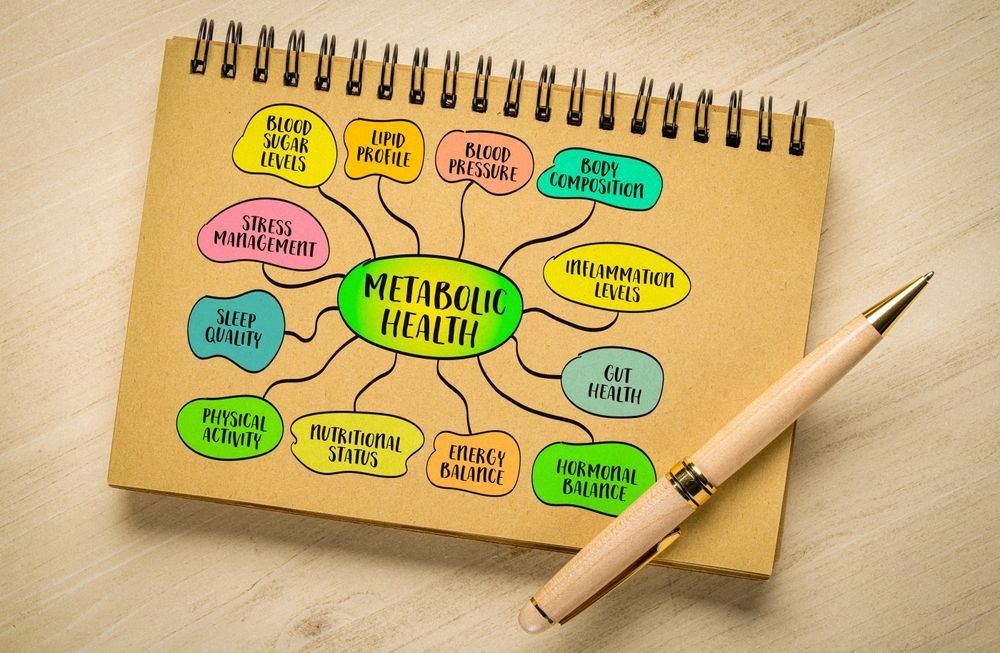The Role of IV Therapy in Detoxification

In recent years, detoxification has gained significant attention as individuals become more aware of the importance of maintaining a healthy body. Among the various methods available, intravenous (IV) therapy has emerged as a favored approach for effective detoxification. This article will explore the relationship between IV therapy and detoxification, its benefits, and types of therapies available.
Understanding Detoxification
Detoxification is the process by which the body cleanses itself of toxins and harmful substances. It is a natural function, but sometimes external factors such as poor diet, stress, and environmental pollutants can overwhelm the body's ability to detoxify effectively.
During detoxification, the body utilizes various systems including the liver, kidneys, skin, and digestive tract. These organs work collectively to process and eliminate toxins, ensuring that the body maintains a state of balance and health.
The Process of Detoxification
The process of detoxification involves several stages. Initially, toxins are broken down into smaller, less harmful substances. Once broken down, these substances are then removed from the body through urine, feces, or sweat.
This multi-step process can often be slow and may become impaired if the body is under stress or overburdened with toxins. Therefore, supporting the detoxification process through various means can contribute to overall well-being.
Why Detoxification is Important
Regular detoxification is essential for various reasons. Firstly, it helps prevent the accumulation of harmful substances in the body, which can lead to chronic illnesses. Secondly, a well-functioning detoxification process supports immune health and promotes optimal organ function.
Additionally, detoxification can enhance energy levels and improve mental clarity. By reducing the burden of toxins, individuals often report feeling better and experiencing lower levels of fatigue and brain fog.
Introduction to IV Therapy
IV therapy involves administering vitamins, minerals, and other nutrients directly into the bloodstream through an intravenous line. This method allows for higher concentrations of nutrients to be delivered quickly and efficiently compared to oral supplements.
IV therapy is gaining traction not only for its use in medical settings but also as part of wellness and detoxification practices. It is becoming increasingly popular among those who seek immediate nutrient replenishment and detoxification assistance.
What is IV Therapy?
IV therapy can be defined as a medical technique that administers fluids directly into a patient's vein. This can include saline solutions, medications, or nutritional supplements. The primary advantage of IV therapy is that it bypasses the digestive system, allowing the body to absorb nutrients quickly and effectively.
This therapy is often used for hydration, as well as delivering essential vitamins and minerals, especially in cases where oral intake is insufficient or cannot be tolerated.
The History of IV Therapy
The use of IV therapy dates back to the early 20th century when it was primarily employed in hospitals to treat dehydration and electrolyte imbalances. Over the decades, medical professionals have refined IV techniques and formulations, expanding their application to include nutritional therapy and detoxification.
Today, various IV protocols exist, reflecting advancements in medical research and a growing interest in health and wellness. Consumers now access IV therapy in clinics and wellness centers, marking a shift toward preventative health measures.
The Connection Between IV Therapy and Detoxification
IV therapy and detoxification intersect significantly. By supplying the body with vital nutrients, IV therapy can enhance the efficiency of the detoxification process.
This connection allows individuals to support their bodies in removing toxins while simultaneously replenishing essential nutrients that may have been depleted due to poor dietary choices or environmental exposure.
How IV Therapy Aids in Detoxification
During detoxification, the body often requires additional vitamins and minerals to support critical functions like liver health and hydration. IV therapy can provide these nutrients in concentrated doses.
For instance, nutrients such as vitamin C, glutathione, and B vitamins are known to play significant roles in detoxification. Administering these directly into the bloodstream can optimize their effectiveness, assisting the body in its cleansing efforts.
The Science Behind IV Therapy and Detoxification
The scientific basis of IV therapy lies in its ability to deliver nutrients rapidly into the bloodstream, thus enhancing their bioavailability. Research suggests that certain nutrients can expedite the detoxification process by augmenting liver function and antioxidant activity.
Moreover, hydration plays a crucial role in detoxification, and IV therapy can provide immediate fluid intake, helping to flush out toxins effectively. This scientific underpinning illustrates why many people turn to IV therapy to assist during detoxification.
Different Types of IV Therapy for Detoxification
Various types of IV therapy can cater to different detoxification needs. Understanding these options can help individuals choose the best treatment for their detox goals.
Nutrient IV Therapy
Nutrient IV therapy involves infusing a blend of vitamins, minerals, and essential nutrients into the bloodstream. This therapy can target specific concerns, such as enhancing liver detoxification or boosting the immune system.
Common formulations may include a mixture of vitamin C, B vitamins, and magnesium, tailored according to individual needs. Such therapies can provide a powerful support system for the body’s detoxification mechanisms.
Hydration IV Therapy
Hydration is a vital component of detoxification. Hydration IV therapy delivers saline solutions that not only rehydrate the body but also help flush out toxins more effectively.
This type of therapy is particularly beneficial for individuals who may be dehydrated or those seeking support during detox regimens. By ensuring the body is hydrated, detoxification can occur more efficiently.
The Benefits of Using IV Therapy for Detoxification
The use of IV therapy for detoxification offers numerous benefits. By enhancing the detoxification process, individuals can experience both immediate and long-term health improvements.
Immediate Effects of IV Therapy
Many people report feeling better almost immediately after receiving IV therapy. Common immediate effects include increased energy levels, enhanced mental clarity, and improved hydration.
Additionally, some individuals may notice a reduction in detox symptoms, such as fatigue or headaches, once they receive nutrient infusion, which can be incredibly empowering during a detox program.
Long-Term Benefits of IV Therapy in Detoxification
In the long run, regular IV therapy as part of a detoxification strategy can help individuals maintain their health and well-being. Improved detoxification efficiency can lead to a reduced risk of chronic illness, enhanced immune function, and overall better quality of life.
Moreover, integrating IV therapy into a wellness routine may encourage individuals to adopt healthier lifestyle choices, contributing to sustained detoxification benefits.
As more people become aware of the role of toxins in health issues, the demand for effective detox strategies like IV therapy continues to grow. Ensuring you explore your options and consult with healthcare professionals can help in crafting an effective detox strategy tailored to your needs.










